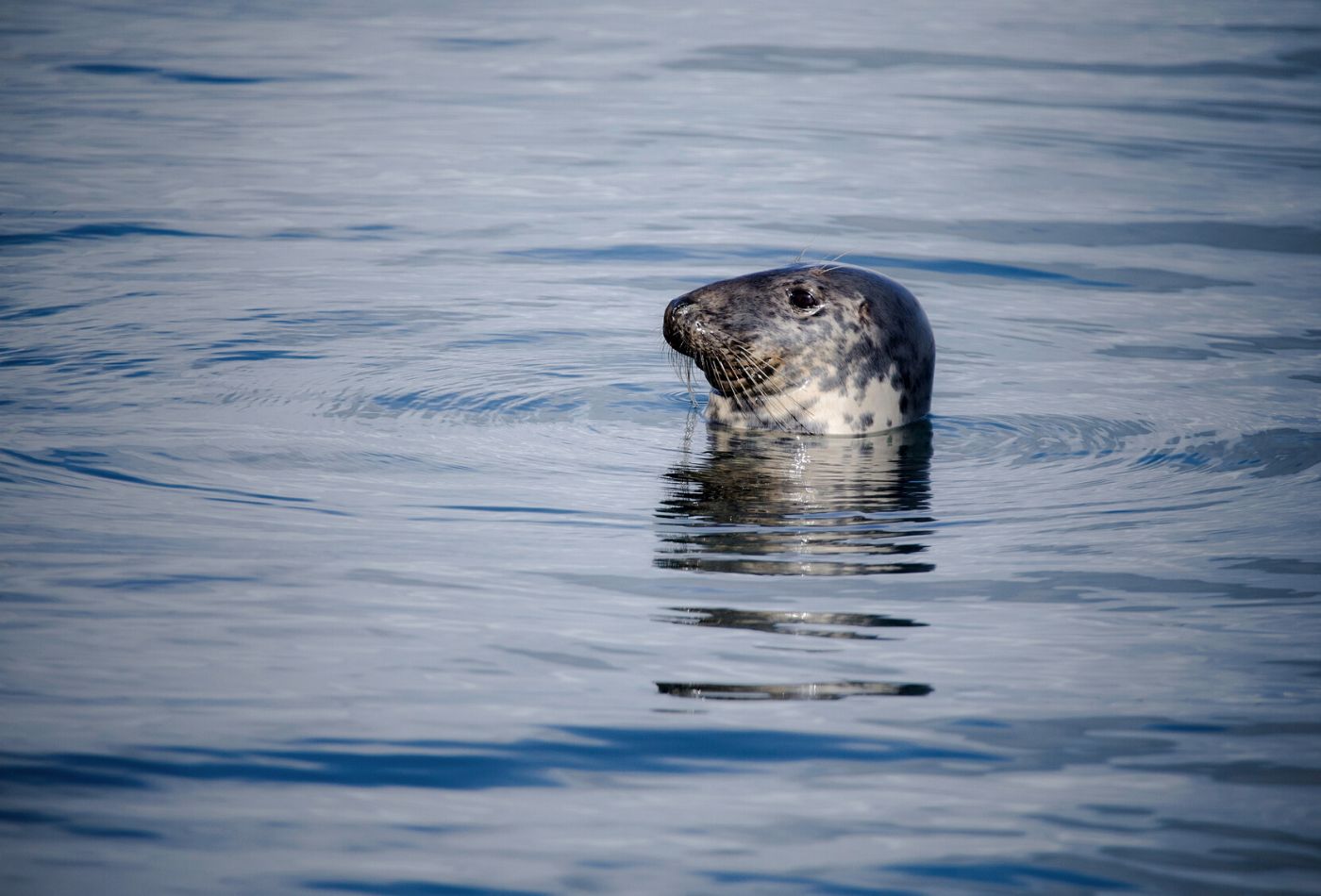Devon is known for a great many things, from its charming, friendly residents to its award-winning, industry-leading restaurants and shopping experiences. However, it’s impossible to think of Devon without thinking of the astonishing variety, quality and beauty of its scenery.
From wild national parks to quaint towns and from endless rolling hills to spectacularly rugged coastline, Devon is amongst the most beautiful parts of the country. It’s a huge reason why our Devon holiday cottage guests come back time and time again – you never see the same sights twice.
But whilst the land of Devon has much to offer, there’s yet more to explore under the waves thanks to Devon’s variety of marine life. So, what can you expect to find should you venture down to the coast?
- Dolphins – Dolphin-watching is something of a county hobby in Devon, but most don’t have to wait too long. Why? Because Devon enjoys visits from bottle-nosed dolphins, white-beaked dolphins and common dolphins throughout the year. Don’t be fooled by the harbour porpoise though, it may look like a dolphin, but it isn’t one!
- Jellyfish – Spotted something floating just underneath the water? Chances are it’s the moon jellyfish, a round, dome shaped jellyfish with stinging tendrils that it uses to capture and eat plankton, molluscs, crustaceans and nematodes.
- Seals – Everyone’s favourite dog-like sea creature, seals can be found along the Devon coast in a couple of varieties; common seals and grey seals.
- Sea Anemone – Along Dorset’s seabed is a wide variety of creatures which look like plants but are actually fish! Known as anemone, Dorset is home to beadlet anemone, dahlia anemone, snake-locks anemone and strawberry-anemone.
- Whales – The oceans largest predator, the killer whale (or Orca), has been known to frequent the Devon coast from time to time. Their dorsal fins are vast and can reach up to 1.8 meters tall, making identifying them from the coast entirely possible.
- Cuttlefish – A relative to both squids and octopi, cuttlefish belong to a group of molluscs known as cephalopods. With a unique tendrilled mouth and distinctly alien looks, they’re a fascinating creature. They approach shallow waters to breed and you can sometimes find their chalky internal shell washed up on the beach when a cuttlefish dies.
- Crabs & Lobsters – Devon, like much of the UK, enjoys a wide variety of species of both crabs and lobsters, with brown crabs, great spider crabs, hermit crabs, porcelain crabs, shore crabs and more visible at various points of the year. On the lobster front, both lobsters and spiny lobsters can be found (and eaten!)
- Sharks – Devon’s waters are amongst the safest around, but they do play host to sharks. Namely, the intimidating but harmless basking shark! The second largest shark in the world, it exclusively eats plankton and features a gigantic mouth, specially tailored for the task.
- Fish – Fishing has long been a vital industry in Devon, and it remains so to this day. However, not all Devon’s varieties of fish can (or should) be eaten. In the waters around Devon, you’ll find common fish like bream, plaice, mackerel and sea bass, but you’ll also find rarer fish like sunfish, short-snouted seahorses, butterfish and red gurnard, each of which contribute to the biodiversity of the Devonshire ocean.
